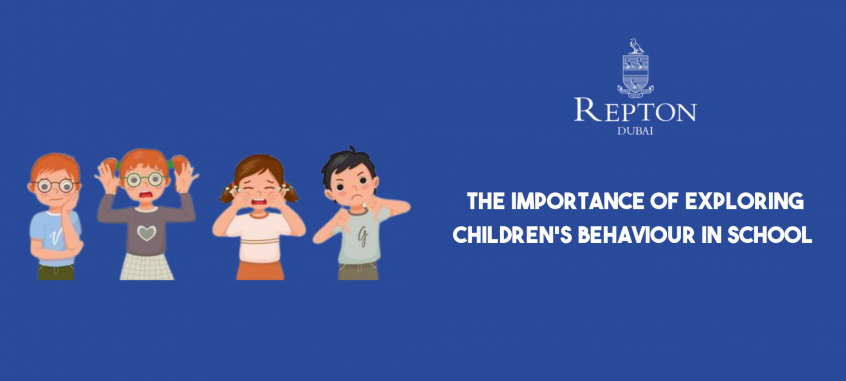In every school, children exhibit a wide range of behaviours that can either be positive or challenging. While some behaviours are easily understood, others may leave teachers puzzled. It is crucial to recognise that behaviour is a form of communication, and understanding its underlying message is essential for providing appropriate support to children.
The assessment process plays a pivotal role in unravelling the reasons behind a child’s behaviour. It involves gathering comprehensive information about the student. By using a holistic approach, educators can gain insight into the child’s unique circumstances and better understand the purpose behind their behaviour.
Children often lack the ability to express their emotions and needs verbally, leading them to communicate through their behaviour. By carefully observing patterns and triggers, we can begin to decipher the message behind a child’s actions. For example, a student who frequently disrupts class activities may be seeking attention or struggling with a particular subject. A child who habitually withdraws and avoids social interactions might be experiencing anxiety or facing difficulties with peer relationships. Recognising these underlying messages is crucial for offering appropriate support and intervention.
Once we have identified the reasons behind a child’s behaviour, it is essential to implement measures that provide support and encourage positive change. Here are some strategies that can be employed:
1. Individualised Education Plans: Collaborating with parents, caregivers, and specialists, educators can develop IEPs to address specific needs. These plans outline personalized goals, accommodations, and interventions tailored to the child’s requirements.
2. Positive Behaviour Plans: This focuses on promoting positive behaviours by creating a supportive and structured environment. This approach includes teaching and reinforcing appropriate behaviour, setting clear expectations, and providing consistent consequences.
3. Collaboration and Communication: Regular communication between teachers, parents, and other professionals is crucial for maintaining a cohesive support system. Sharing observations, progress, and strategies ensures consistency across different environments.
4. Counselling and Therapy Services: In some cases, children may benefit from individual or group counselling sessions with a trained professional. These services can help them explore and address emotional challenges, build resilience, and develop coping mechanisms.
Exploring children’s behaviours in school is vital for understanding the messages they convey through their actions. By implementing a thorough assessment process and utilising appropriate support measures, we can provide targeted interventions that address the child’s specific needs. Remember, behaviour is a form of communication, and by listening attentively, we can create an inclusive and supportive environment that fosters positive growth and development for all our students.
Sharon Kortekaas
Assistant Headteacher Pastoral – Junior School, Repton Dubai

